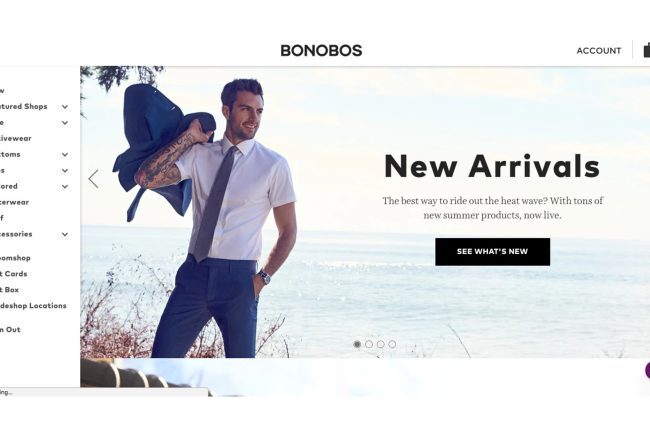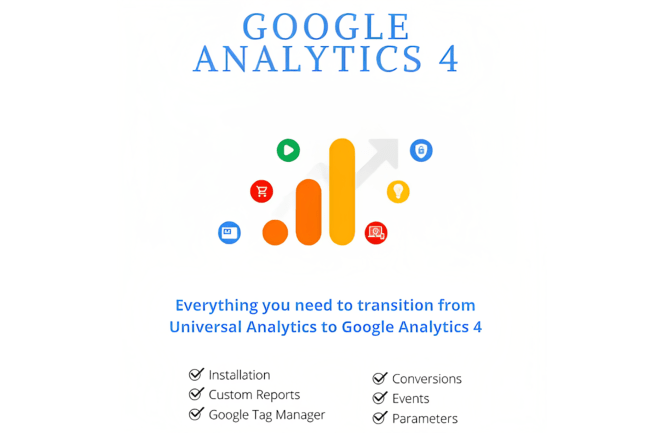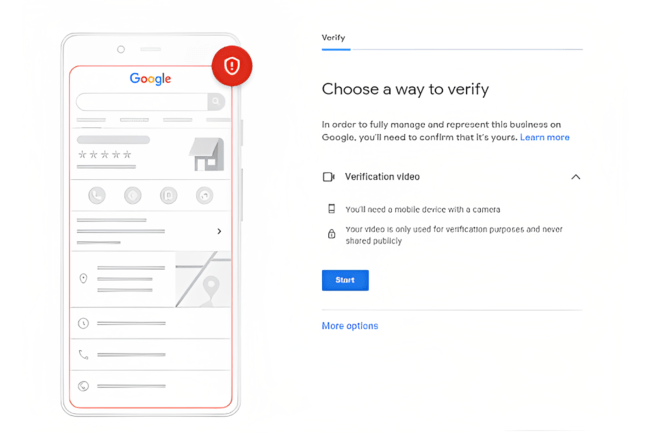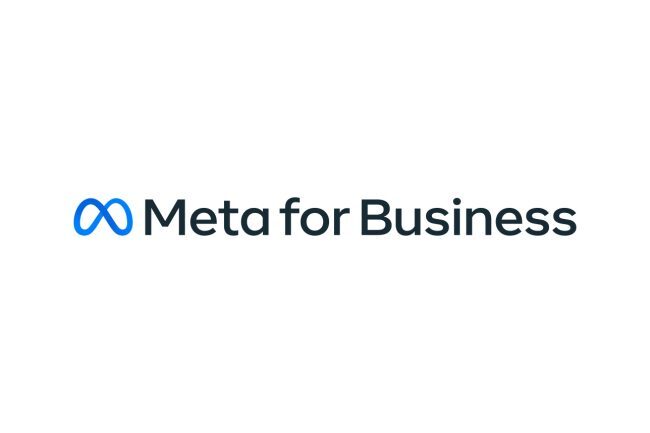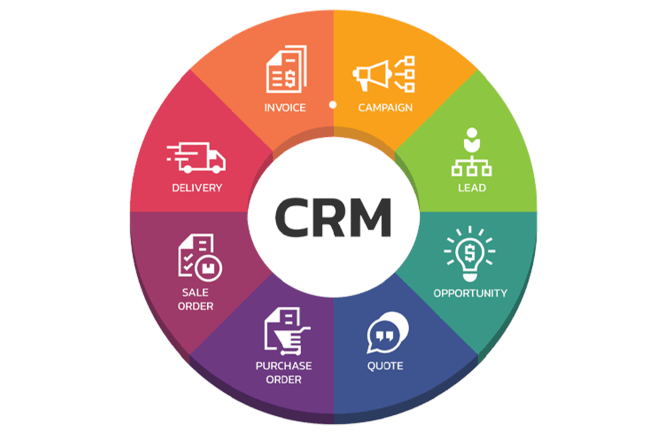Knowing where to begin might feel daunting, which is understandable, if you have a new business or if digital marketing is new for your established firm. An increasing number of marketers are promoting their “secret formulae” to 10x your business or do whatever else they’re promising, and new tools and software are being released every day to assist you streamline and automate your digital marketing activities.
The best and worst parts depending on your point of view, is that there are no “secrets” to successfully managing digital marketing campaigns, just as there are no “secrets” to losing weight, having beautiful abs, or meeting the one, but we continue. Finding a steady stream of consumers will, in reality, nearly always require a lot of effort and time. However, you must first construct the appropriate “catch” to grab leads and collect data before you even contemplate spending money or resources into more aggressive marketing initiatives.
Apart from knowing your assessing current digital presence, defining – goal, target audience, & budget there are 6 most crucial things to be considered before launching any digital marketing campaign on any channel – like Facebook, Google, Snapchat, Tiktok & LinkedIn.
- Website or landing page with clear Brand Message & CTA
- Your business must be listed & verified on Google
- Google Analytics Installation & Configuration
- Implementing conversion tracking
- Meta business manager setup, Page & Pixel installation on Website
- CRM to gather Leads’ / customers’ Contact Information
Website or landing page with clear Brand Message & CTA
Always aim not to confuse your target audience when they land on your website or any specific landing page either through paid advertising or organic posts. Keep your messaging as straightforward as you can, and don’t be hesitant to revise it as you learn more about your primary audience.
Whether you want to launch a paid advertising, social media, or email campaign, each of these channels need to, if not directly result in a sale, at least point back to your website. You must make sure that visitors to your website, which serves as a digital storefront, understand what you are selling and how to make a purchase. Having your own website will also provide you the opportunity to develop SEO, and if done correctly, clients will start finding you rather than having to go everywhere for you.
Implementing conversion tracking
The marketing channels that, usually speaking, result in the most sales are what will aid you in determining which ones are the most value to your business. It will be impossible to determine whether a campaign has been successful if you are unable to trace the sources of your website conversions. Even if your Google Ads campaign is generating a lot of clicks at a high click-through rate (CTR), you can only assume how many of those hits really converted visitors to customers.
Use Google Tag Manager takes control of all the numerous tracking tags on your website, including the Facebook Pixel listed below, in order to precisely measure conversions. You might be able to set up simple conversion monitoring on your own, but if your website was specially created for you or you need more precise tracking, a developer’s assistance is sometimes needed.
Google Analytics Installation & Configuration
One of the numerous benefits of having Google Analytics installed on your website is the ability to run highly targeted advertising campaigns, make data-driven marketing choices, and enhance user experience. This is especially true when Google Analytics is connected to a Google Ads account.
You may determine which social media sites to target with upcoming promotions by gathering visitor data and looking at where the majority of your visitors are coming from. Once your website is online, one of the first things you should do is set up Google Analytics to ensure you don’t miss out on any crucial data collection.
Your business must be listed & verified on Google
The fact that Google is still the market leader in search means that you will lose out on sales and possibly much more if your company isn’t verified on their platform. When establishing your Google My Business / Google Business Profile account, be as complete as you can by including a lot of images, your shop hours (if relevant), a link to your website, your product or service offers, and a mechanism for clients to get in touch with you. As quickly as you can, start asking clients for Google reviews and, if required, offer incentives.
Meta business manager setup, Page & Pixel installation on website
Setting up your Facebook Business and Ad accounts will enable you to place a monitoring Pixel on your website in order to collect more data from your visitors, even if you don’t intend to invest a lot of money in your company’s Facebook page. If/when you choose to run Facebook & Instagram Ads and/or a social media campaign on either network, this information will be useful.
Facebook’s ability to gather data on your website visits will enable you to retarget those particular people as well as to develop look-alike campaigns, which can draw clients that have the same traits as your most recent users, therefore decreasing wasted advertising dollars on the incorrect audiences
CRM to gather Leads' / customers' Contact Information
Don’t let people who give you their contact information slip through the cracks since they’ve demonstrated an interest in knowing more about what you have to offer. Even if these leads don’t make a purchase right away, they are now a member of your audience and may be developed into possible future customers.
There are several wonderful free & paid CRM Softwares available where you can gather contact information and manage interactions with prospects, but depending on how many leads you have coming in each day/week/month, a spreadsheet may suit you just fine.
Get Ready to Launch Digital Marketing Campaigns
Fortunately, with the exception of Google Tag Manager depending on how your site was designed, you don’t need to be a developer anymore to set up the bulk of the stuff listed above.
You are prepared to start your digital marketing campaign if you already have a website, distinct branding, a Google My Business profile, Google Analytics, a CRM/email collecting system, conversion monitoring, and Facebook Business correctly configured. It’s not the end of the world if you’ve already started campaigns without these things, but you’re probably losing out on important information that may help you save time and money. The main objective is to be able to calculate the ROI for each dollar you put in marketing, so if you’re already able to do that, that’s excellent!


